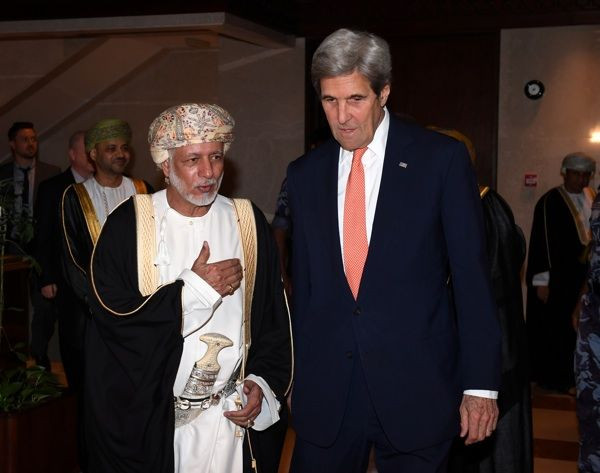What Does The Secretary Of State Do? Washington Job Working For Donald Trump Is Crucial For US Foreign Policy

President-Elect Donald Trump said he was “very impressed” with former CIA director and retired Army general David Petraeus following a meeting Monday between the GOP leaders. Petraeus, who has served as a senior officer under President George W. Bush and President Barack Obama, is being considered for the secretary of state position in Trump’s cabinet, along with former Massachusetts Gov. Mitt Romney, whom Trump will meet with on Tuesday.
The high-profile position was established by Congress in 1789. It is an important role for Trump to fill, since the secretary of state is the president’s top foreign policy advisor, responsible for carrying out foreign policies through the Foreign Service of the United States and State Department. The role, which was once held by Trump’s opposing presidential candidate Hillary Clinton during President Barak Obama's first administration, is considered a complex one as it requires the secretary of state to aid the president with all foreign affairs, maintain relationships with foreign leaders and determine foreign policy and procedures for the greater good of the United States.
Check out the list of secretary of state duties as per the U.S. Department of State below:
1. Serves as the president's chief principal adviser on U.S. foreign policy
2. Handles all negotiations regarding U.S. foreign affairs.
3. Grants and issues passports to American citizens and exequaturs to foreign consuls living in the U.S.
4. Helps the president choose U.S. ambassadors, ministers, consuls and other diplomatic representatives.
5. Aids in the president’s decision on acceptance, recall and termination of the representatives of foreign governments.
Participates in or directs U.S. representatives to international conferences, organizations and agencies.
7. Negotiates, interprets and terminates treaties and agreements.
8. Ensures the protection of the U.S. Government to American citizens, property and interests in foreign countries.
9. Oversees the administration of U.S. immigration laws abroad.
10. Informs American citizens regarding the political, cultural, economic, social, and humanitarian conditions in foreign countries.
Explains the conduct of U.S. foreign relations to Congress and American citizens.
12. Encourages and maintains economic intercourse between the U.S. and other countries.
13. Manages the Department of State.
14. Oversees the Foreign Service of the United States.
© Copyright IBTimes 2024. All rights reserved.





















